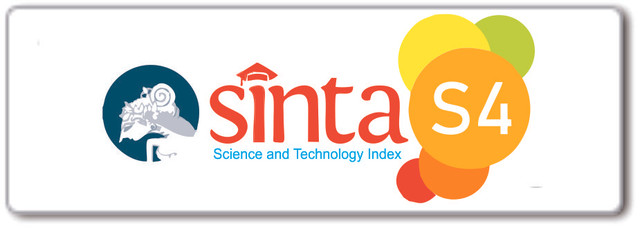The Effect of PJBL Model and Achievement Motivation on Student Learning Results of Class VIII Islamic MTs 12 Pidie on Integrated of Social Science Subjects
DOI:
https://doi.org/10.24036/ijeds.v6i1.446Abstract
Based on preliminary research conducted at Islamic MTs No. 12 Pidie, there were many problems in the learning process of integrated social studies (geography), including low student motivation and monotonous learning only in the form of pulpit lectures. This study aims to analyze the differences in the learning outcomes of integrated social studies (geography) students who have high achievement motivation and are taught with a PJBL model and students who have high achievement motivation and are taught with conventional models. This type of research is quasi-experimental research (quasi-experimental) with a treatment by Block (2x2) research design with observational data collection techniques, interviews, and learning achievement tests. The results of the research on the 1) first hypothesis show that the p-value Sig. (2-tailed) is 0.004 <0.05, so H? is rejected so that it can be concluded that there is a difference in the average results of learning geography between the control and experimental groups; 2) second hypothesis because exact Sig. (2-tailed) 0.001 <0.05 then H? is rejected so it can be concluded that there are differences in geography learning outcomes of students with high motivation between the control and experimental groups; and 3) third hypothesis of geography learning outcomes of the results show that Sig. (2-tailed) 0.001 <0.05 then H? is rejected so it can be concluded that there are differences in geography learning outcomes for students with low motivation between the control and experimental groups.


















